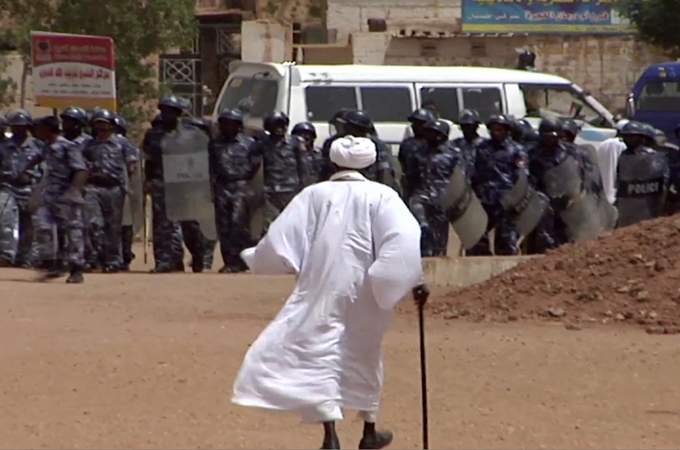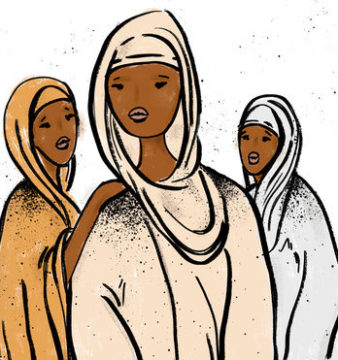Dilemmas of #SudanRevolts
One lesson that the new generation of Sudanese activists busying the blogosphere have learnt from the wave of anti-regime protests this year is that change is easier said than done. In a notable piece on this forum Rowa El-Tohami quoted al-Rumi’s invitation to introversion – “Yesterday I was clever so I wanted to change the world. Today I am wise so I’m changing myself” – to support her plea for “a revolution of
learning and consciousness” rather than the sole preoccupation with “overthrowing” the regime. Other more passionate believers constructed a Manichean world where the slightest dissent from the #SudanRevolts line crashes its proponent in the category of ‘counter-revolution’.
Both positions, I claim, are false. The call to introversion and self-betterment reduces political engagement, the necessity of the day, to a private affair, a quest for individual redemption rather than the immersion in the communal cause which distinguishes any emancipatory politics worthy of the name. The second position might seem at first glance categorically different from the first but is essentially its mirror image. Instead of blaming the deficits of the self and proposing a “personalized revolution” as in the first position, adherents of the second position blast the world for failing to rise to their ambitions and see only the face of the enemy wherever they look. In essence both positions reflect identical frustration with the materiality of the concrete situation, in this case the apparent resistance of the masses supposed to be liberated to the pedagogy of change. Whether routed towards the ‘inner-self’ or against the ‘outer other’ both responses fail to deal with the neighbour as it were, and evade the imperative of grappling with the objective stubbornness of the ‘concrete’. Instead of probing the deadlock in the field of action the advocate is led to subjective investment in procedures of self-verification.
Disillusioned by their experience of defeat in 1924 the first generations of Sudanese Effendiya, an elite corps of Gordon College graduates distinguished by their superior education and property, invented the Ga’ada, a form of socialisation that put them ever apart from the reactionary crowds who failed to rise to the occasion. The Effendi proper is in part a product of the Ga’ada, a nocturnal escape from the oppressive dictates of patriarchy and social norms where like-minded men, although female entertainment was welcome, met to muse about God and the world, excelled in rhetoric and exchanged the occasional book as they catered for further creative needs, at the time Scotch and Craven A. Come the day and the Effendi returns to the drab existence of uninspiring occupation, exhausted passions and foiled dreams, lamenting and cursing, but protected by the hypocrisy of diurnal fidelity to the prevalent norms. To the glory of the Ga’ada, it was the birthplace of an entire genre of song and music. Hidden talents flourish in the Ga’ada as do suppressed perversions. I wonder what the stand-in for the Ga’ada today is.
That said, only the concrete analysis of the concrete situation can dispel the mystification of the apparent deadlock, and orient emancipatory action.
Magdi El Gizouli is a fellow at the Rift Valley Institute. He publishes regular opinion articles and analysis on his blog Still Sudan.






For those interested in learning more about dilemmas and dichotomies, and would like further insight in the language of self-sabotage and conceit, read Sudan E-Revolts… and read my comments > it http://500wordsmag.com/social/sudan-e-revolts/
The Sudanese must begin to get partisan and get rid of the old parties.